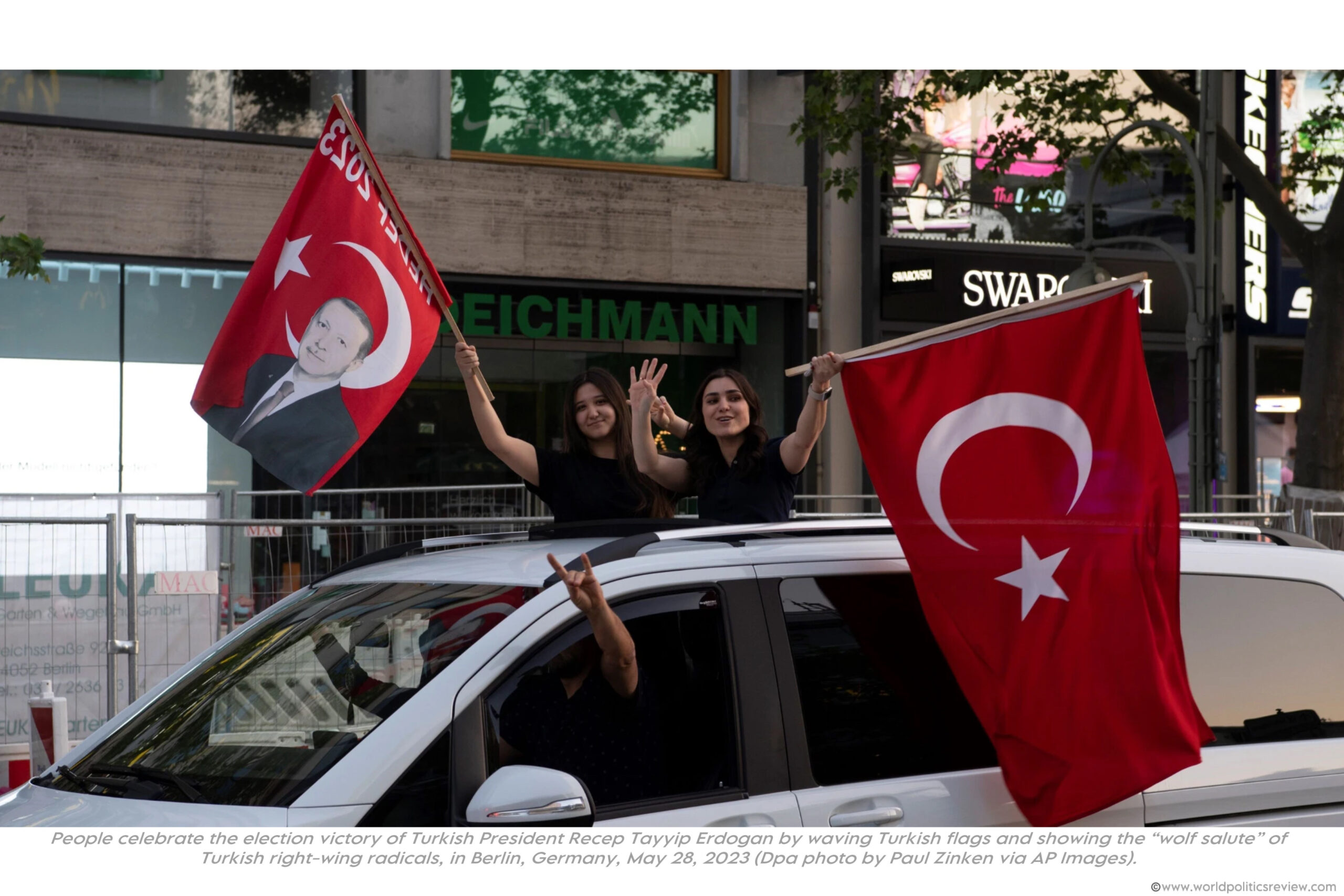February 12, 2014
Side meetings and consultations are no longer enough to contain the phenomenon of foreign fighters in Syria. Thus, the EU counterterrorism department held a first-of-its-kind meeting for European security officers with their counterparts in Lebanon, Jordan, Iraq and Turkey, in addition to states involved in the issue, including countries in the Arab Maghreb.
Due to the meeting’s security nature, the Europeans didn’t announce it or mention any details about the issues discussed. But a source in the EU counterterrorism department confirmed to As-Safir that the meeting did take place, explaining that the meeting of security experts was the first step for establishing a permanent platform for cooperation among countries concerned with the phenomenon of foreign jihadists. The meeting was attended by three Lebanese officers from various security agencies.
According to what a high-level diplomatic official told As-Safir, the meeting, although it was the first one, explored ways for security coordination, which the Europeans are seeking to contain the threat. Since the security agencies of Syria’s neighbors have experience with this phenomenon, the Europeans hope to benefit from their experience in identifying and monitoring potential jihadists before they travel, in addition to the possibility of launching a kind of “early warning system” to identify young Western suspects before Western agencies issue memos about their disappearance. The Europeans are now testing that alarm system in security cooperation with Turkey, especially since the chaos on Turkey’s border made that country the main gateway for fighters.
The West is increasingly afraid of jihadists returning. At first, the West showed signs of anxiety and restlessness. Then Europeans announced that the issue was a major threat to the security of European countries. Estimates vary about the number of European jihadists, with the latest number exceeding 2,000 fighters.
The security experts meeting in Brussels came in the context of those growing fears. The meeting was chaired by EU Counterterrorism Coordinator Gilles de Kerchove, who started preparing for this meeting a few months ago. A source close to him said the meeting is just the beginning, explaining, “We will try to invest all areas of cooperation with these countries. And we will continue to work on high-level meetings.”
European efforts to meet the challenge of returning jihadists became public in June 2013, when de Kerchove presented his first proposals report to European interior ministers. Last month, the European Commission issued recommendations for European countries on how to deal with the phenomenon. Among the key recommendations was to strengthen cooperation with the countries of the “other party,” i.e., states through which the jihadists pass.
Observers of European counterterrorism efforts assert that there have been many undeclared communications. In this context, a Lebanese security official met with European security officials in Brussels last October. They discussed how to coordinate about the phenomenon of Western jihadists. Other than that, there are lower-level meetings that come in the framework of the usual coordination between security agencies.
That issue will soon be part of the big meetings and their official speeches. A meeting on the foreign fighters phenomenon will fill the seats of an international conference in The Hague at the end of this month. The meeting will have large international participation. As the world pays more and more attention to this issue, Syria is approaching formal accession to the states that export terrorism.
This month saw a significant shift in US discourse on this issue. It came with unprecedented warnings launched by US Director of National Intelligence James Clapper. He said there’s evidence of training camps in Syria to “train people to to go back to their countries and conduct terrorist acts [there].” According to Clapper, the party behind that is the al-Qaeda-affiliated Jabhat al-Nusra.
Before that, there were warnings about only the possibility of jihadists returning, but not about specific plans to send fighters back to their countries as terrorists.
This shift was followed by similar warnings. After Clapper’s testimony, US Secretary of Homeland Security Jeh Johnson said that the threat posed by returning jihadists has made the Syrian war an issue affecting US internal security.
There are no accurate numbers on foreign jihadists in Syria, but US intelligence estimated there were at least 7,500 foreign fighters of 50 nationalities.
Al-Monitor: http://www.al-monitor.com/pulse/security/2014/02/europe-foreign-jihadists-syria-local-threat.html?utm_source=Al-Monitor+Newsletter+%5BEnglish%5D&utm_campaign=c0581bafdc-January_9_20141_8_2014&utm_medium=email&utm_term=0_28264b27a0-c0581bafdc-93074789#






